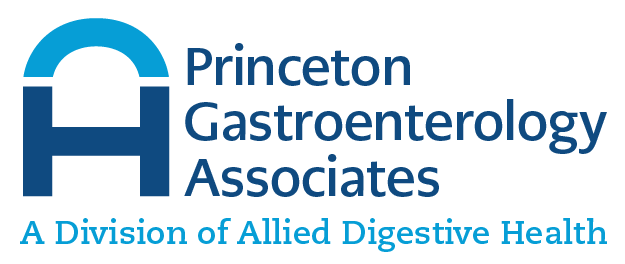What is a Colonoscopy?
A colonoscopy is a procedure where a physician uses a flexible, thin tube with a camera and light source to examine the inside of the rectum and colon.
Why is a Colonoscopy Done?
A colonoscopy can detect inflamed tissue, ulcers, and abnormal growths such as polyps and tumors. The procedure is now the gold standard and commonly used to detect or prevent individuals from getting colon cancer. Adults starting at age 45 years are strongly recommended to have a colonoscopy or some other test to screen for colon cancer. Individuals with a family history of colon cancer or other conditions such as inflammatory bowel disease are often advised to have a colonoscopy for cancer screening at an earlier age. It is also used to evaluate people with unexplained changes in bowel habits, diarrhea, constipation, abdominal pain, bleeding from the anus or rectum, and weight loss.
How does One Prepare for a Colonoscopy?
Preparation instructions are given on a patient basis. If you have any questions on your preparation and are scheduled already, please call the office and ask for the surgical coordinator. Our office is 732-458-8300
How is a Colonoscopy Performed?
- You are given sedating (relaxing) medication through an IV line. You may be drowsy or completely asleep.
- The procedure takes 30 minutes or longer.
- The doctor performs a digital rectal exam to check for anal and rectal problems. The rectum is lubricated and the scope is inserted.
- The doctor can remove a small tissue sample (a biopsy) for testing. Small growths such as polyps may also be removed during a colonoscopy.
- If you are awake, you may feel as if you have to have a bowel movement. Also, you may feel a pressure as the colon is filled with air. It’s perfectly acceptable to pass gas during the procedure
What Happens After the Colonoscopy is Done?
- You may discuss the results with your doctor right away or at a future visit.
- Try to pass all the gas right after the test to help prevent bloating and cramping.
- After the test, you can go back to your normal eating and other activities
What are the Risks Associated with a Colonoscopy?
- A puncture or tear in the colon.
- Risks of anesthesia.


